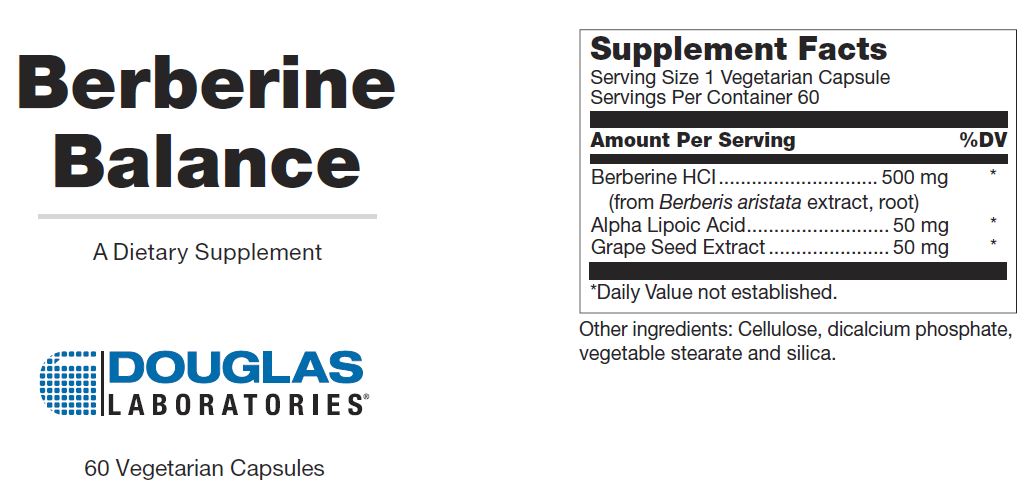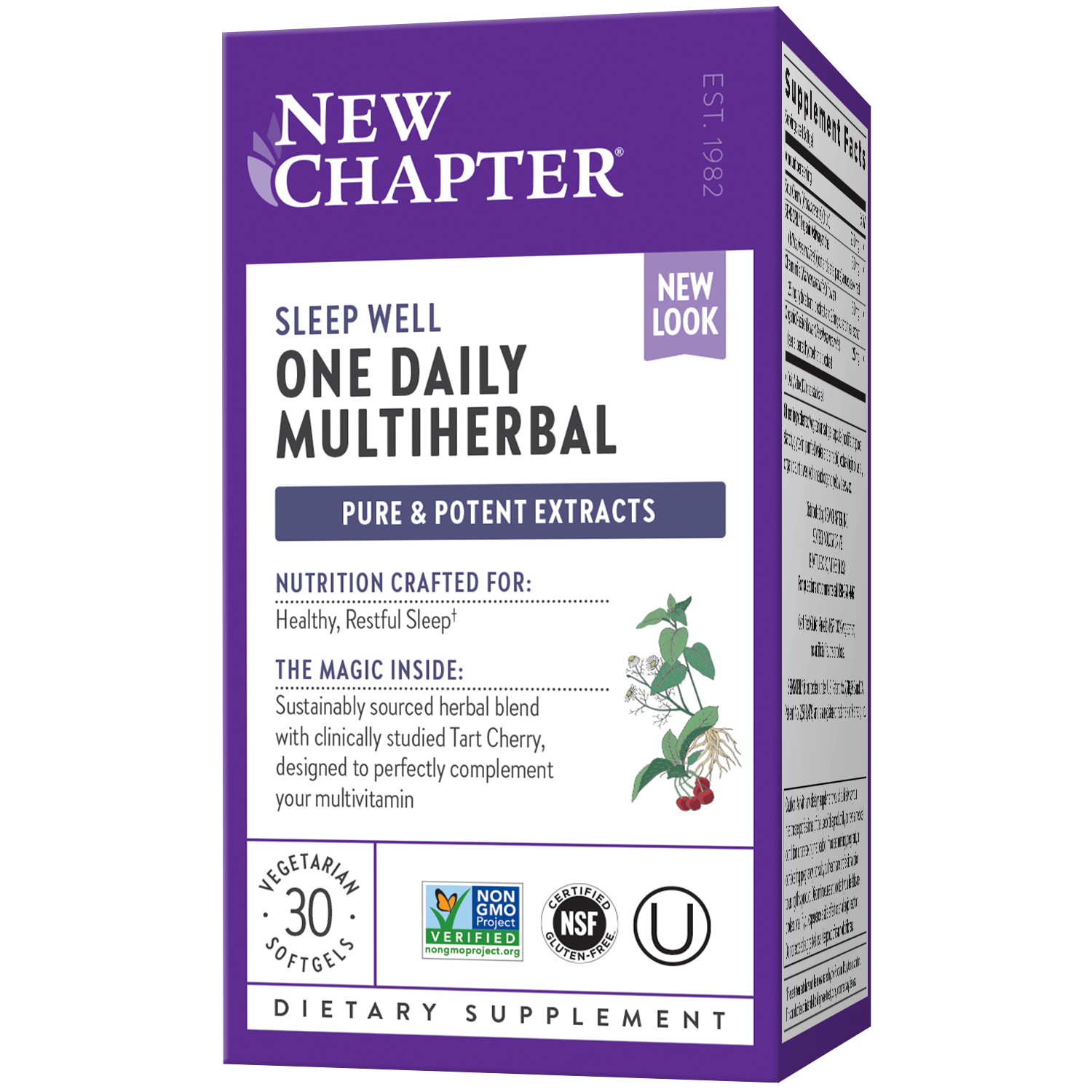Berberine Balance supplies high potency berberine combined with alpha lipoic acid and grape seed extract for
blood sugar and cardiovascular support. Grape seed extract is a well known antioxidant with heart health
benefits, and alpha lipoic acid helps to support proper insulin function.
Berberine is a naturally occurring alkaloid and a primary constituent of several plants including barberry,
goldenseal, and phellodendron. Recent studies indicate that berberine is a helpful supplement for maintaining
cardiometabolic health and is considered effective and safe. † Berberine has been shown to regulate glucose
and lipid metabolism in vitro and in vivo. In several clinical trials, berberine supplementation for three months
resulted in healthy blood glucose and cholesterol levels.
In vivo and in vitro experiments have also shown blood pressure support and vasorelaxatory effects of
berberine. Nevertheless, the vascular sites for this activity of berberine are not clear. It seems that berberine
acts on both the endothelium and the underlying vascular smooth muscle to induce vasorelaxation via multiple
cellular mechanisms. Berberine’s history of usage in Ayurvedic and Chinese medicine dating back
approximately 3,000 years has shown to help maintain a healthy microbial balance.
Polyphenols, part of a broad class of bioflavonoids, are commonly found in grape seeds. One type of
polyphenols known as proanthocyanidins is highly regarded for their strong antioxidant properties, and for their
functions in supporting the capillaries. Proanthocyanidins appear to be especially effective in neutralizing
highly reactive hydroxyl and singlet oxygen radicals. Both of these reactive oxygen species are involved in
inflammatory processes.
Alpha lipoic acid is a nutritional coenzyme that is involved in the energy metabolism of proteins, carbohydrates
and fats, has physiological functions in blood glucose clearance, and is able to scavenge a number of free
radicals. This important coenzyme appears to be necessary for the normal transport of blood glucose into the
cell. This may be explained by its functions in the glucose-metabolizing enzymes, PDH and alpha-KGDH, but
some researchers suspect a more direct role in cellular glucose uptake at the cell membrane.

* These statements have not been evaluated by the Food and Drug Administration. This product is not intended to diagnose, treat, cure, or prevent any disease.
This product was added to our catalog on Saturday 31 May, 2014.





